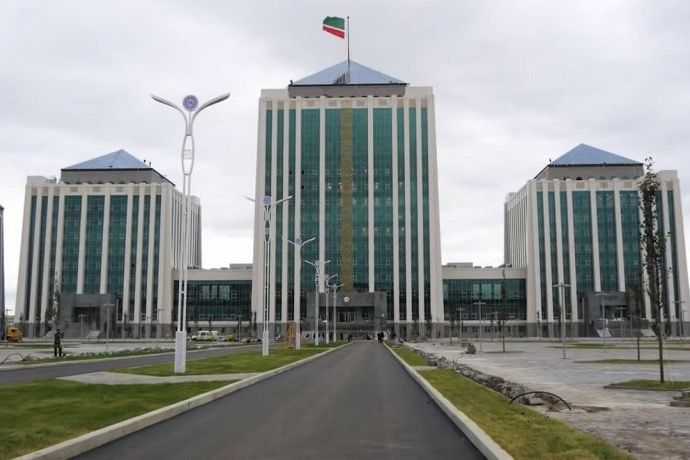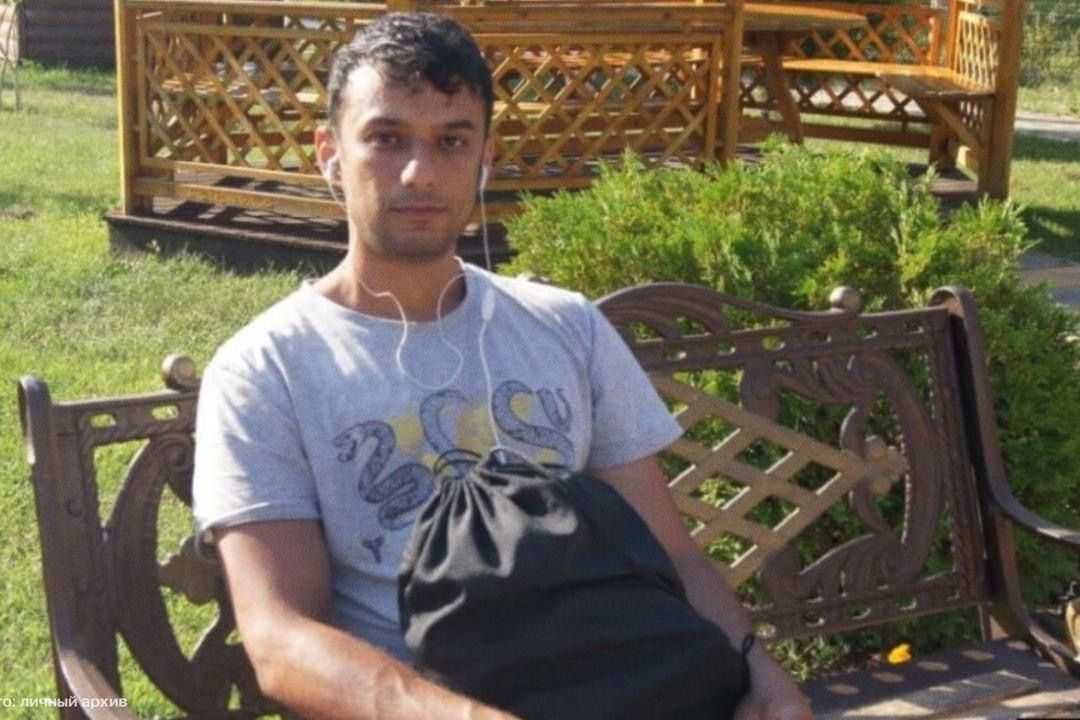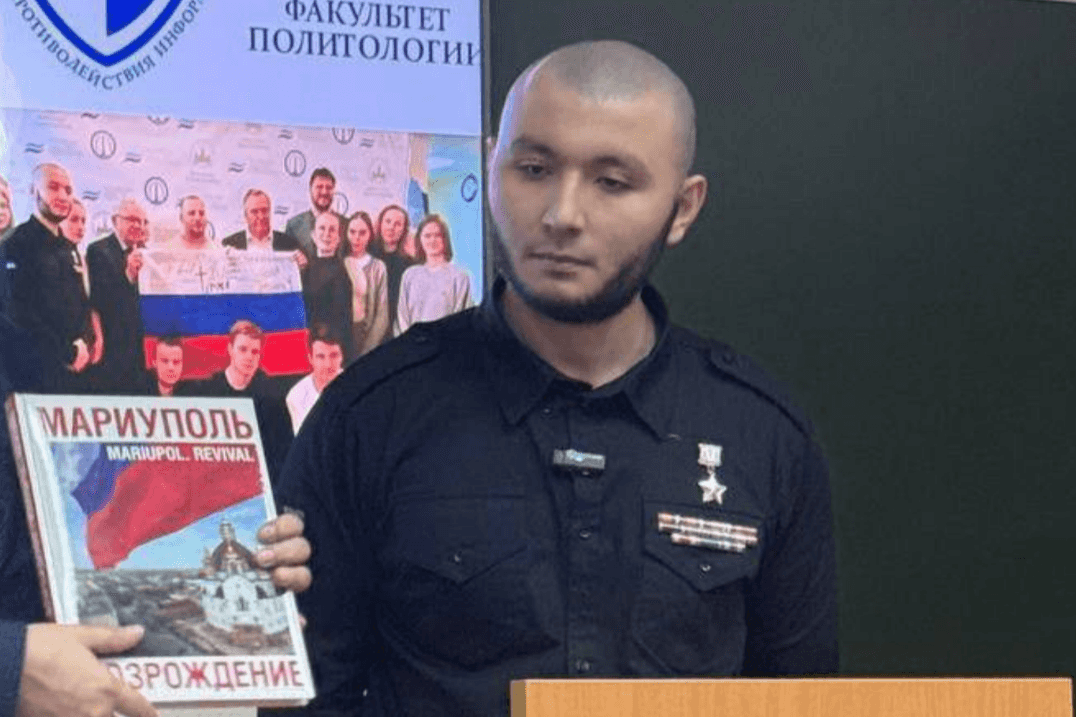
The Chechen Parliament has submitted draft legislation to the Russian Duma, the lower chamber of the Russian parliament, that proposes prohibiting the media from mentioning the ethnic or religious identities of people involved in criminal cases.
Earlier, head of the Chechen Republic Ramzan Kadyrov stated that the Russian media deliberately focused on incidents involving people from the Caucasus.
The document, published on the website of the State Duma, proposes to prohibit the dissemination of information about the religion or ethnicity of people involved in crimes in Russia, on social media platforms and media.
The Chechen Parliament said it was ‘necessary’ to protect ‘interethnic and interreligious peace in Russia’. According to the explanatory note, the spreading of this information is regarded as ‘an insult to the national and religious feelings of honest and respectable citizens’.
Chechen MPs said that the media was increasingly publishing provocative materials that contain negative stereotypes about ‘particular ethnic or religious groups or individuals belonging to those groups, inciting restrictions on their rights or violent acts against them’.
Backstory
Wide discussions regarding the changes in the media law began in Chechnya in November, after a fight allegedly broke out in the Moscow district of Novye Vatutinki. This alleged incident received major media coverage as a local resident was reported to have been beaten by a group of men in the presence of his four-year-old child.
Afterwards, a number of Russian media outlets, including state media, reported that the attackers were ‘Transcaucasian’ natives. The head of the Russian Investigative Committee ordered the case be recalsified from hooliganism to attempted murder.
Margarita Simonyan, who heads Russian State TV channel RT and is ethnic Armenian herself, responded to the incident by insisting people from the Russian North Caucasus ought to act like ‘guests’ in Moscow.
‘It’s a disgrace. In the Caucasus, young men are even shy about going to the bathroom when they are visiting as a guest. They are holding it in because it’s uncomfortable’, she wrote on Telegram.
‘Well, then they [ethnic Russians] will show you who is the boss in this house.’
Responding to the outcry following the incident, Head of Chechnya, Ramzan Kadyrov, stated that he, ‘like any other Caucasian, is fed up with [facing] these endless accusations that come with every incident’.
Kadyrov accused the Russian media of deliberately provoking and escalating the situation.
‘When people from the Caucasus are involved in negative events, the media deliberately emphasise their ethnic origins’, Kadyrov said.
Reaction to the draft law
The legislative initiative of the Chechen parliament was met with a mixed reactions in Moscow. Some Russian MPs and the leaders of A Just Russia and the Liberal Democratic Party already announced that they would not support the bill. So far, the Kremlin has made no statements on the initiative.
According to Shamil Khadulaev, a member of the region’s Public Chamber, the congress of nonprofit organisations of Daghestan expressed support for the bill on 23 November.
However, Ruslan Kutayev, a public activist from Chechnya, told OC Media that despite the importance of the bill, it would not receive the approval of the majority of MPs and would not make it through the hearings.
‘The authorities always need internal enemies to draw attention away from their incompetence. This is such a boogieman for, as they say, the state-forming Russian people, to divert attention’, Kutayev said.
According to him, the Russian media deliberately create a negative image of Caucasian ethnic minorities by collectively blaming them and purposefully blowing individual cases involving Caucasians out of proportion.
‘The authorities and the oligarchy are interested in “controlled” interethnic tensions in order to use those tensions to maintain their power, if necessary’, he said.









